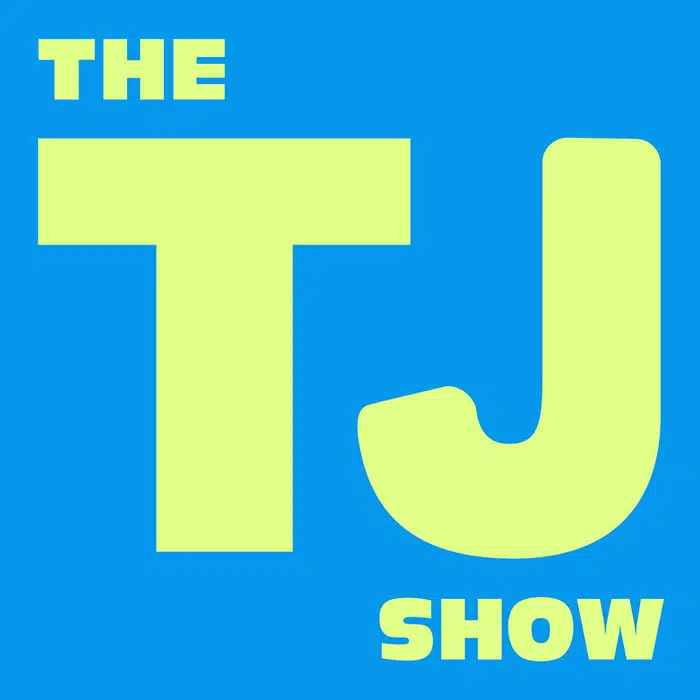(Reuters) -U.S. stock index futures slipped on Thursday as signs of rising tensions in the Middle East weighed on risk sentiment and investors sought more clarity on Washington’s recent trade deals with China.
Shares of planemaker Boeing lost 7% premarket after an Air India aircraft with more than 200 people crashed in India’s western city of Ahmedabad, and aviation tracking site Flightradar24 said the plane was a Boeing 787-8 Dreamliner.
President Donald Trump said on Wednesday U.S. personnel were being moved out of the Middle East as it could be a “dangerous place”, adding that the United States would not allow Iran to have a nuclear weapon.
This comes at a volatile time for the region and just days ahead of a planned sixth round of nuclear talks between Iran and the United States. A senior Iranian official said earlier on Wednesday Tehran will strike U.S. bases in the region if nuclear negotiations fail and conflict arises.
China on Thursday affirmed a trade deal with the U.S., strengthening a delicate truce in the trade war that has roiled global markets for much of the year.
“Now that a consensus has been reached, both sides should abide by it,” Lin Jian, a foreign ministry spokesperson for China, said at a regular news conference.
Traders also looked to gain more details on the trade framework discussed by officials from the U.S. and China at a two-day talk in London earlier this week.
At 05:37 a.m. ET, Dow E-minis were down 228 points, or 0.53%, S&P 500 E-minis were down 19.75 points, or 0.34%, and Nasdaq 100 E-minis were down 56.25 points, or 0.26%
Tesla shares lost 1.1% and Nvidia lost about 0.7%.
Among other movers, Oracle shares rose 7.6% after the cloud service provider raised its annual revenue growth forecast citing increased demand from companies deploying artificial intelligence.
After a tame inflation report on Wednesday that provided investors with some reprieve, focus will now be on the May Producer Price Index data, which is due at 8:30 a.m. ET, along with initial jobless claims data.
“May could be too soon to see the impact of tariffs, but softer demand may also be limiting pass through. We pencil in larger tariff effects starting later in the summer,” said Citigroup strategists in a client note.
With investor bets increasing on Trump reaching favorable trade agreements with several trading partners in the coming weeks, the benchmark S&P 500 index is trading 2% below its record high touched in February.
The tech-heavy Nasdaq is about 2.7% from record levels hit in December.
(Reporting by Kanchana Chakravarty in Bengaluru; Editing by Devika Syamnath)






Comments